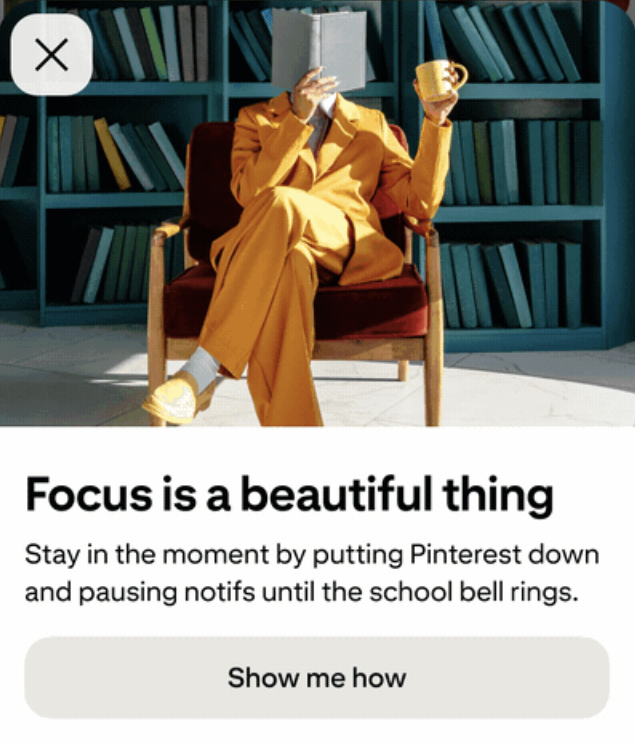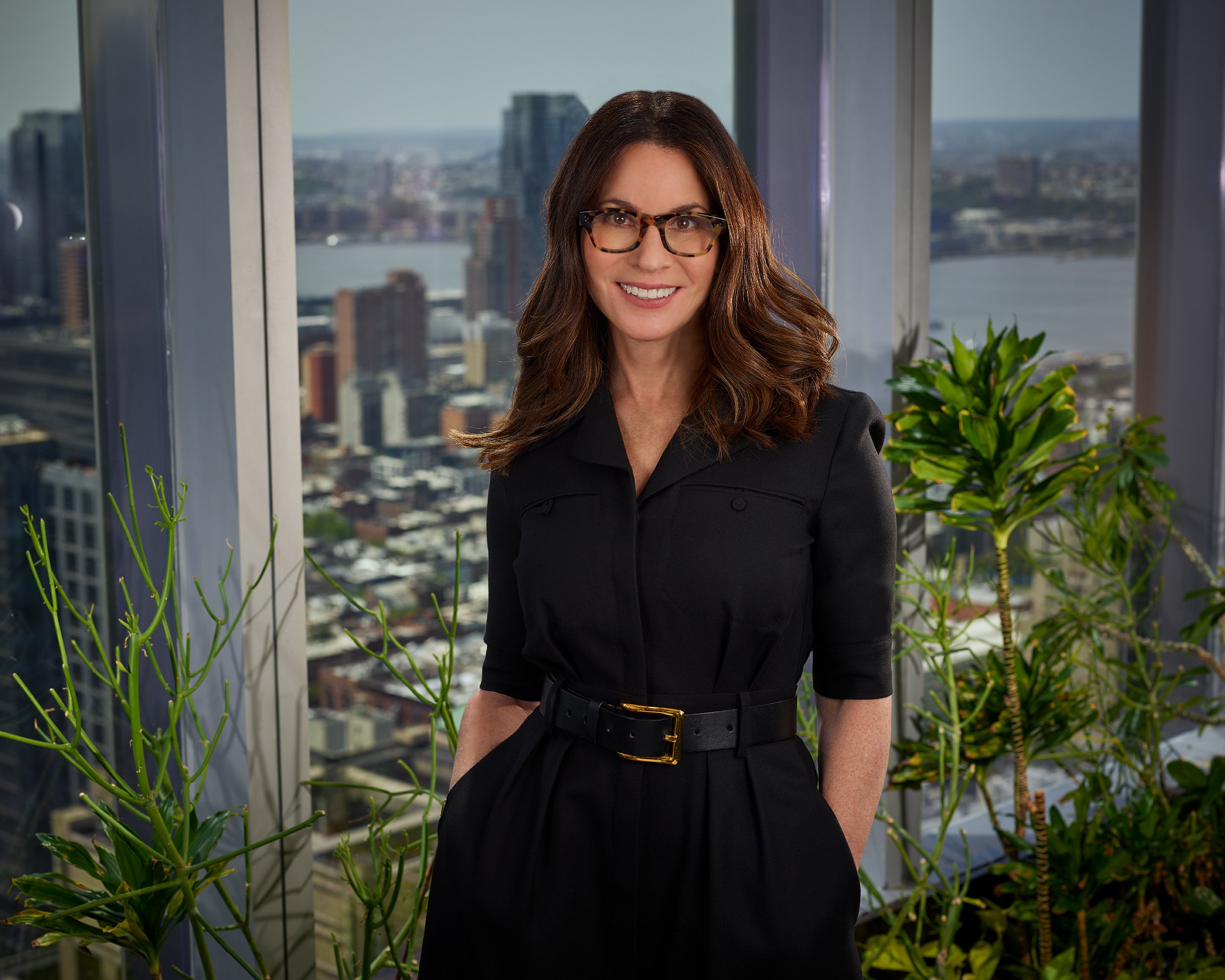I recently heard an amazing conversation between the CEO of Pinterest, Bill Ready, and the CEO of Hinge, Justin McLeod, moderated by Jessica Cruel, editor in chief at Allure magazine.
The session was titled, “From Scroll to Soul: Building Tech That Matters IRL,” and they discussed how to build with purpose in an era of endless scrolling.
I was particularly moved by the decision Bill Ready and Pinterest made around choosing to “optimize for positivity” instead of doing what most social media companies do: optimize for view time. Ready realized that maximizing view time wasn’t leading to healthy outcomes for their users, and he wanted to prove that there could be a more sustainable business model.
Ready decided to make the accounts for Pinterest users under 16 “Private Only.” He didn’t think there was a good reason why anyone under 16 should be discoverable online (I agree!!). When Ready made that decision, “people thought it’d be the end of us with Gen Z, and the stock dropped by over 20%.” There was tons of pressure to reverse course.
But as Ready shared, “it’s easy to say you have values until it costs you something to stand by them….That was a damned hot seat to sit on. I had a lot of conviction that, one, I believed it was the right thing to do, and two, I really believed that people just needed a healthy alternative choice.”
Ready stuck to his guns and played the long game.
And the result?
One year later, Pinterest doubled its Gen Z presence. Gen Z is now 40% of the platform because they see it as a “safer space away from the toxicity they experienced elsewhere online.”
Another way that Ready made Pinterest a healthier option is that if a school-aged user is on Pinterest during the school day (when they should be focused on Algebra or English Literature), the user will receive a message reminding them to come back after the school day:

By getting their values “off the walls” and “into the halls,” Pinterest made decisions that were good for people and great for business.
7/22/25

